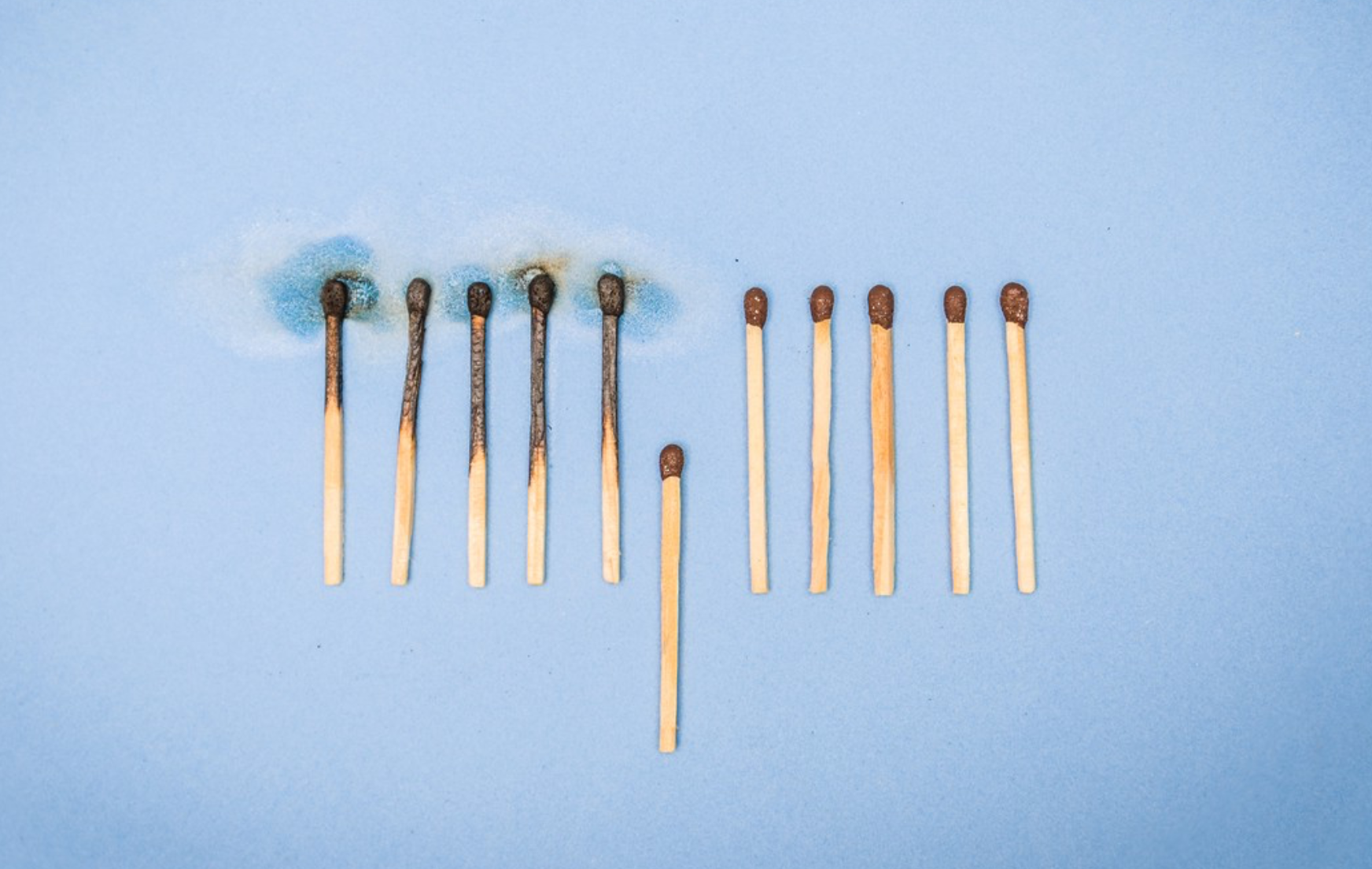Memphis Theological Seminary dean reflects on phased openings while COVID-19 crisis continues.
By Peter R. Gathje, for MLK50
Schools and businesses shuttered. Massive numbers of people out of work. Parks closed. Churches closed on Easter. The costs of shutting down to slow the spread of COVID-19 have been high, financially, emotionally, spiritually.
In response, there is a push to “reopen,” claiming the cure is worse than the disease. On Monday, Gov. Bill Lee’s Tennessee Pledge phased reopening plan permitted restaurants to open for dine-in customers. Limiting restaurant capacity to 50% and spacing tables 6 feet apart is part of easing restrictions in 89 of 95 counties.
Arguments for reopening typically reflect a utilitarian “cost-benefit” analysis. The “benefit” of reopening is greater than the cost of additional deaths. Some cast that calculation as a “sacrifice” in which the most vulnerable sacrifice for the good of others.
As the Lt. Governor of Texas Dan Patrick put it, “No one reached out to me and said, ‘As a senior citizen, are you willing to take a chance on your survival, in exchange for keeping the America that all America loves for your children and grandchildren?’ And if that’s the exchange, I’m all in.”
Others simply urge a brutal survival of the fittest, as one protestor’s sign read, “Sacrifice the weak. Reopen TN.”
Arguments for staying closed also reflect a cost-benefit calculation. Only in this case, the cost of opening is too high compared to the benefits of staying closed. Opening now risks spreading the disease more quickly and broadly. Our medical system will be overrun, leading to more deaths.
Arguments for staying closed also reflect a cost-benefit calculation.
We should not open up because of the economic and human costs of another epidemic spike and more fatalities. We need more testing, more accurate tracking of the disease and a vaccine.
Debates comparing the number of dead with economic gain will not lead to good public policy. Equally bad, such debate does not engage us in serious moral discussion that reflects the best of our cultural and religious convictions.
These convictions urge compassionate care for the most vulnerable grounded in our shared humanity. We confess that none of us are self-made, and we will all die. We may try to run from that reality as we hope for magical cures or assert our superiority over others.
But in the end, each of us will die.
Death’s reality makes our lives precious and poignant. Embracing our vulnerability propels us to lovingly stand in solidarity with each other, and to serve one another. In the Christian tradition, Jesus made treatment of the vulnerable the basis of our relationship with God, “Whatever you do unto the least of these, you do unto me” (Matthew 25:31–46). Other religious traditions have similar convictions.
Perhaps we need to ask instead, “What kind of people are we, and what kind of people do we want to be?”
So, what do we do? Perhaps we need to ask instead, “What kind of people are we, and what kind of people do we want to be?”
The pandemic questions our moral character. Are we people who care for one another enough to put aside our own interests, not for the sake of the economy, but for the sake of the most vulnerable among us?
Are we people who have the patience and the humility to acknowledge that we do not have all the answers, that deciding what to do might require more time and more information?
Are we people who in our public policy decisions will ensure that any sacrifices are justly distributed, that those most able to sacrifice give the most, rather than the most vulnerable?
I honestly do not know if we are that kind of people. But if we hope to emerge from this as better people, we have to be open to this way of compassion, solidarity and sacrifice. We will need to repent of our past, be converted to compassion and respond to this deep call in our lives to a just community.
Peter R. Gathje, Ph.D., is vice president of academic affairs/dean at Memphis Theological Seminary.
This story is brought to you by MLK50: Justice Through Journalism, a nonprofit newsroom focused on poverty, power and policy in Memphis. Support independent journalism by making a tax-deductible donation today. MLK50 is also supported by the Surdna Foundation, the Racial Equity in Journalism Fund at Borealis Philanthropy, Southern Documentary Project at the Center for the Study of Southern Culture, the American Journalism Project, the Community Foundation of Greater Memphis, and Community Change.

